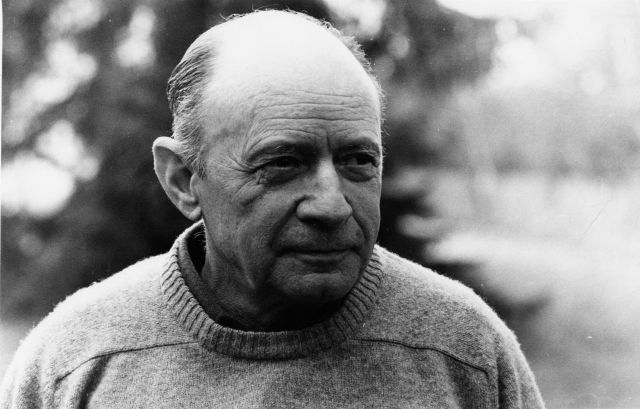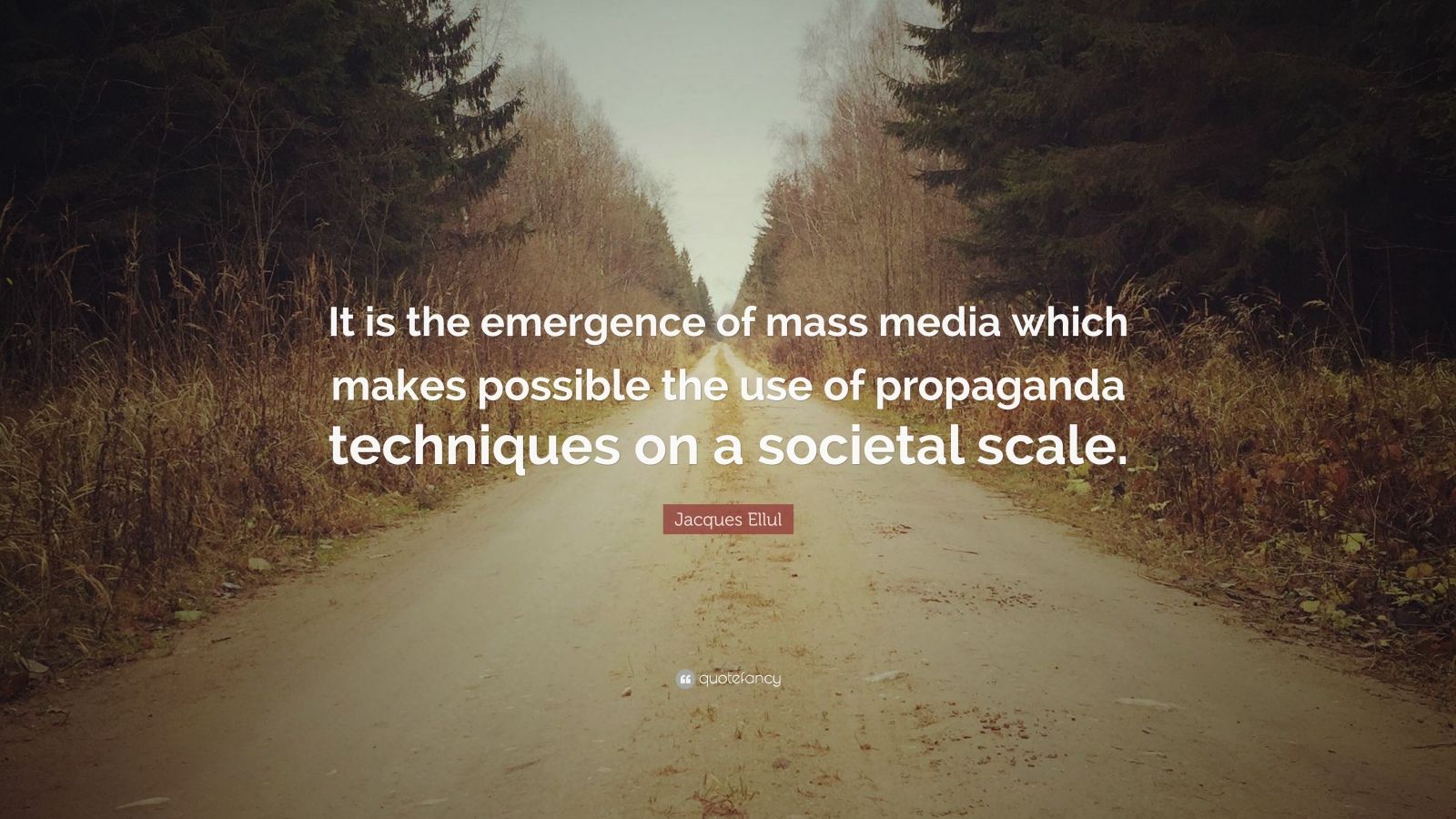


These are the liberal institutions that do polling, most famously the Gallup Poll. In the 1920s there was Ivy Lee, and George Creel and most famously, Edward Bernays, who for propaganda reasons changed his advertising campaigns from “propaganda” to “public relations”. They are also consistent with neoconservatives or religious fundamentalists. Contemporary examples might be Bill O’Reilly and the shock jocks like Rush Limbaugh, Michael Savage and Glenn Beck. In the 1950s there was Joseph McCarthy and William F. In the 1930s and 1940s this would include Thurman Arnold, Huey Long, Father Charles Edward Coughlin, the Radio priest. Moving from the right wing of the political spectrum to the left there are at least seven schools of propaganda Michael Sproule Channels of Propaganda and Propaganda and Democracy and Jowett and O’Donnell’s textbook Propaganda and Persuasion My sources for this article are Jacques Ellul’s great book, Propaganda, two terrific books by J. But what about bourgeois representational “democracies”.

Is all propaganda covert or is some of it out in the open? Is propaganda about facts, interpretations or evaluations? Can propaganda be truthful in fact or is it all lies? How do propagandists treat their audience? What is propaganda’s relationship to political ideology? In other worlds do liberals, conservatives, fascists and socialists all use propaganda or do some use it more than others? Are propagandists Machiavellian, cynical manipulators behind the scenes or do they really believe in their propaganda? How fast does propaganda work? Is it a gradual process or does it impact its audience suddenly, like a conversion experience? Typically, propaganda is thought to exist in “authoritarian” states.

How far does it reach? Does propaganda exist in all countries or are some more likely to use it than others? Does propaganda try to change society, or does it reinforce what is already there? Is propaganda limited to the printed word and to images, or can it include monuments, music, coins, postage stamps or billboards? Does propaganda’s intent to change attitudes or behavior, or both? Are some social classes more susceptible to propaganda than others? Are people more vulnerable to propaganda in collectivist societies than individualists’ societies or is it the reverse? How do we define propaganda? Is propaganda always bad? What is not propaganda? Most people think propaganda is fundamentally irrational. After doing that we will be able to see how the seven theories of propaganda (including Ellul’s) line up in relation to the controversies. Before we can begin to compare the propaganda theory of Jacques Ellul to other theories, we must address issues within propaganda theory.


 0 kommentar(er)
0 kommentar(er)
